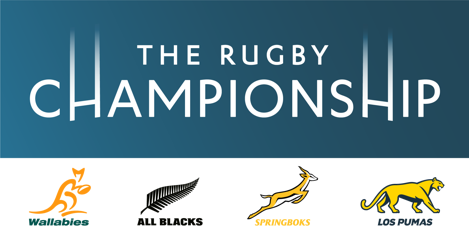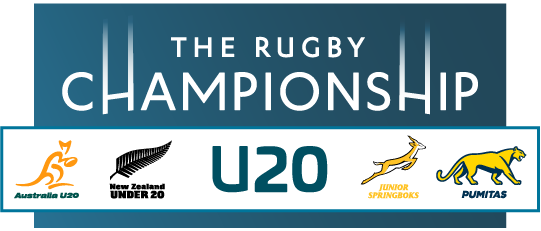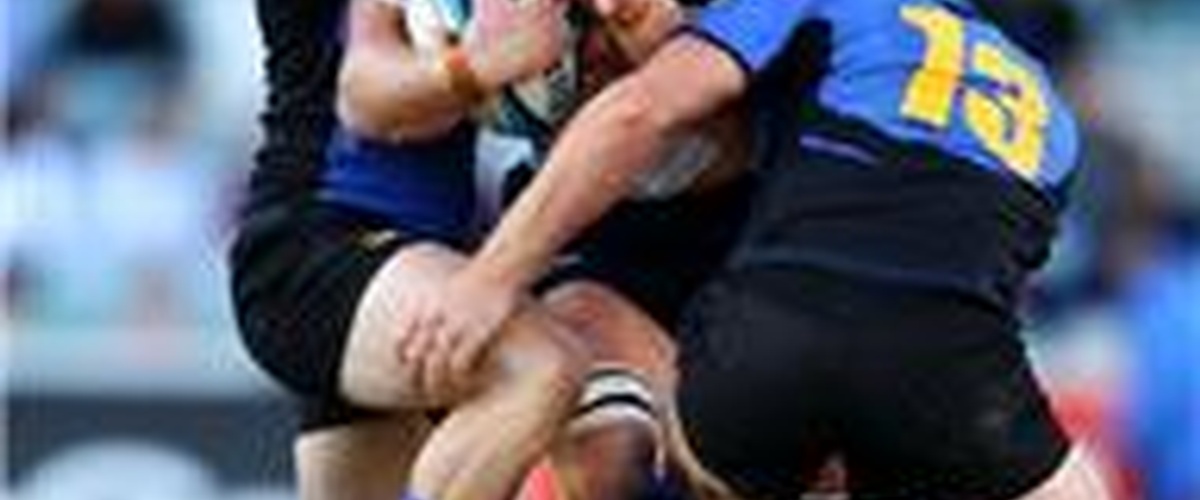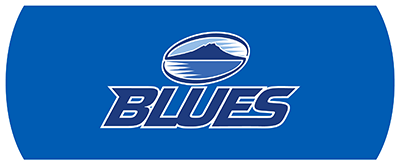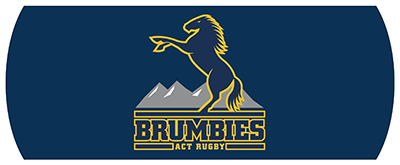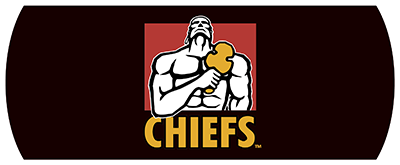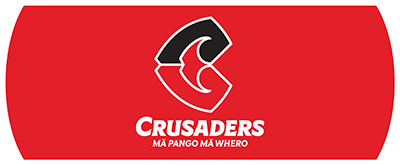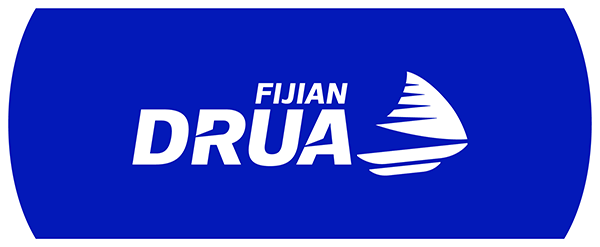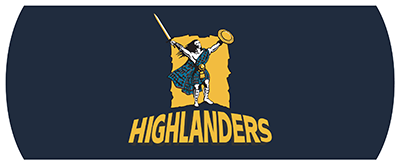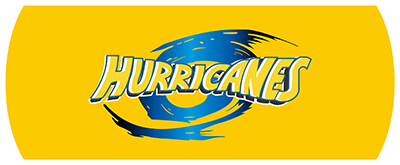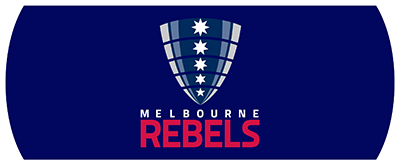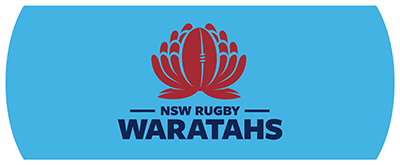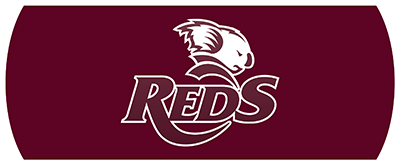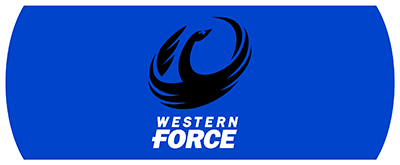From the Reds' fairy-tale maiden championship win - defying their devastating floods and years of bottom table finishes - to the Brumbies' Annus Horribilis, to the historic inclusion of the Melbourne Rebels; it was certainly a season to remember for the Australian Conference last season.
Meanwhile, perennial recent finalists the Waratahs had a season that on paper looked successful, reaching the Super Rugby Finals Series, yet they faced something of an identity crisis that led to the now famous fan forums.
The Western Force were a far better team than their 12th placed overall finish suggested, losing five of their matches by six points or less (two by a heartbreaking point) while recording two draws.
But that was last year, and three new coaches, one of them a World Cup winner no less, will look to stamp their mark on an intriguing Australian Conference in 2012.
Six years of tenth placed or worse finishes allowed the Reds (AUS Conf. winners, 2011 Champions) to catch the competition unawares in 2010 when they finished one place shy of the Super Rugby Finals Series, but their audacious approach seemed to have been easily telegraphed as the 2011 season began, as the Force and Waratahs were both able to cause the Reds early problems in the opening rounds.
Perhaps it was the loss of former All Black and vice-captain Daniel Braid at the end of 2010, as initially in the competition teams flooded the ruck with such intensity that the Reds high tempo game was unable to function.
They didn’t quite gamble on the canny coaching of Ewen McKenzie.
What was almost a shock loss to the Force, and a heavy defeat to the Waratahs, caused the Reds and McKenzie to go back to the drawing board.
A fortuitous 31-25 victory over the Brumbies followed (considering the ACT side scored four-tries-to-one), but that round three match seemed to be a carefully executed ‘holding pattern’ for the Reds, who throughout that game tinkered with their systems before heading to their first bye.
Then the championship march began, with no less than 13 tries scored in routs over the Rebels (53-3) and Cheetahs (41-8), as they kicked off a record seven-match winning streak.
Only the Hurricanes and Brumbies would lower the Reds colours for the remainder of the season, but they were not title derailing defeats, and they would put to bed any who doubted their pedigree when defeating two of the most decorated teams in the history of Super Rugby – the Blues and Crusaders – en route to their famous title win.
With 27 of their championship winning squad retained for this season, the Reds will be bullish about becoming just the fourth team to defend a Super Rugby crown, but this season the bullseye on their backs will enormous.
However so will their home support, with over 20,000 members signed for 2012.
The NSW Waratahs (2nd AUS Conf. beaten Super Rugby Finals Series Qualifiers) will welcome Michael Foley on board as their head coach, taking over from Chris Hickey, and the side will look to continue a proud record which has seen them contest the Super Rugby Finals Series five times since 2005.
Yet that record is equally frustrating for their ardent supporters, feeling that with so many chances at least once should a title have come to Australia’s biggest rugby nursery.
However the safe and industrious Waratahs style – first under McKenzie and then via Hickey – which saw them compete in knockout action was without that je ne sais quoi, the champion’s verve as it were, to allow them to go all the way.
That was the central message delivered via two fan forums (in May and November), where everything from ticket prices, to ground atmosphere, to belief and skill execution through to player grooming was on the menu from what Australian media outlets termed as a ‘savage’ grilling.
The latter will be a cause for frustration (or excitement, depending on your outlook) as brilliant Cheetahs scrumhalf Sarel Pretorius – last year’s joint highest try scorer with nine – dons the famous Waratah this season.
Why are we importing a South African and not grooming a replacement for Luke Burgess (now with Toulouse) some fans asked?
It seems there can be no pleasing everyone…
Under Foley expect more of the same with regards to the methodical forward orientated approach the Waratahs are renowned – or maligned – for but expect back’s coach Alan Gaffney to play a significant role.
Ireland, Leinster, Munster and Saracens have benefitted from his tutelage, but if a coach’s principles are carved out during their playing career, then expect the 200 games plus Randwick life member to implement some of the skills that he passed onto the likes of David Campese and the Ella brothers during a two decade long association with the Sydney club institution.
The Western Force (3rd AUS Conf. 12th overall) will feel that their seventh season will be time for them to emerge from the shadows of the established Australian franchises, and it would be naïve to think that the loss of their highest profile player in James O’Connor is a death knell for the promising team.
His departure, and that of 2011 Force player of the year David Smith (to Toulon) is buttressed by the recruitment of Fijian wing Napolioni Nalaga, who will be well known to French fans after three times setting the Top 14 record for most tries in a season.
Alongside him will be 2009 IRB Junior Player of the Year Winston Stanley, from the Blues, and two former league and New Zealand born backs in Jordan Rapana and Will Tupou.
Continuing the kiwi connection will be the return to fitness of Willie Ripia, who missed most of 2010 with injury, and the second life of Toby Lynn, a Chiefs’ stalwart that missed out on a contract last season.
Indeed, the recruitment of Lynn, as well as Wallabies tighthead Salesi Ma’afu, will give the Force one of the more powerful packs in the Australian Conference.
Especially considering their battalion of no less than four Test loose forwards, led by the ever present David Pocock, while evergreen veteran Nathan Sharpe suits up for another campaign.
There is however a sense of the pieces coming together for the Force, with a five-year foundation laid by former All Blacks coach John Mitchell, while Richard Graham is clearly working to add the brushstrokes to what the Perth faithful will hope becomes a Super Rugby Finals masterpiece – and debut!
Graham, with experience at Bath and Saracens; and a student under former Test coaches John Connelly, Brian Ashton, Eddie Jones and Robbie Deans, has been putting together a platform from the ground up.
Fitting considering he was skills coach under Deans for the Wallabies prior to moving to the Force.
While they were caught on the wrong end of heavy defeats to the Sharks, Stormers and Waratahs, they could have easily have won with one-point losses to the Reds and Rebels, and were less than a converted try away from the Hurricanes, Waratahs and Reds as their season closed.
Their 30 points put on the Crusaders (losing 42-30) was only the second time in four years an Australian team had scored that many points against the seven-time champions, many believed they were unlucky not to beat the Brumbies and Blues in their 13-13 and 22-22 draws, while only a quality team could defeat the Bulls and down the Highlanders in the famed House of Pain.
Closing out the narrow results is the final piece of the puzzle for a convalescing side, and it will be with much interest we will await the Force’s 2012 campaign.
The Brumbies (4th AUS Conf. 13th overall) will quickly put last season behind them, with the two-time champions recording what their worst campaign statistically, winning only four matches, although the pain in Canberra would have been eased with an entertaining 22-14 win in Brisbane – the Reds’ last loss and only their second at Suncorp Stadium in two years.
Former Springbok coach Jake White comes on board and his appointment completed a dramatic swirl of change for Australia’s most successful Super Rugby franchise – to put their history into perspective, last season was only the fourth time they had not finished in the top six.
No other Australian team boasts as many changes to their roster, with 16 players departing.
With no less than eight Wallabies amongst the exodus, the Brumbies will actually wield the least Test representatives of any of the five teams in the Conference.
One suspects White would have it no other way, with former coach Andy Friend said by local media to be at odds with some players, a condition that is not unknown to the Canberra based franchise renowned for pioneering off field ‘player power’ setups – which history has proven can go both ways.
Ironically this is something White will be well versed in dealing with, having relied on an influential group of South African legends when plotting his way to success in the 2007 World Cup.
But the real fascination is how the traditional styles of coach and franchise merge.
The Brumbies are generally recognised throughout Super Rugby history as one of the more methodical attacking teams, while White’s sides were emphatically prepared by virtue of his focus on technical groundwork and execution of core skills.
While Ben Alexander, Stephen Moore and Pat McCabe are the only frontline internationals, there is a balance of power and promise throughout the ranks, and how auspicious players like Christian Lealiifano and Matt Toomua impose themselves will measure the Brumbies season.
The Melbourne Rebels (5th AUS Conf. 15th overall), who endured a tough baptism to Super Rugby with a bottom of the table finish, will be confident of building on the platforms that saw them defeat the Brumbies, Hurricanes and Force to toast their first competition scalps.
The bulk of their inaugural roster is intact, with Greg Somerville, Kevin O’Neill, Sam Cordingley (retired) and Luke Rooney (France) the only players gone.
But those departures are more than compensated by the recruitment of arguably the two premier backs in Australian rugby, with Wallabies James O’Connor and Kurtley Beale signed in what was considered a major coup for the Victorians.
Damien Hill takes over from Rod Macqueen, and the multiple Shute Shield premiership winning coach with Sydney University will look to build after a season of experimentation gave the Rebels plenty to use as an initial marker.
An initial multi-phase league style attack had its moments, but the patching up of a defence that leaked 570 points and 74 tries will be the priority.
The Rebels real impact came off the field, with a remarkable series of initiatives used to connect the franchise with the broader Melbourne and Victorian community, a five-star engagement was used to create the franchise ethos, while AAMI Park and the ‘Rebel Army’ made a mockery of predictions that our great game would struggle to gain a foothold in AFL territory.

